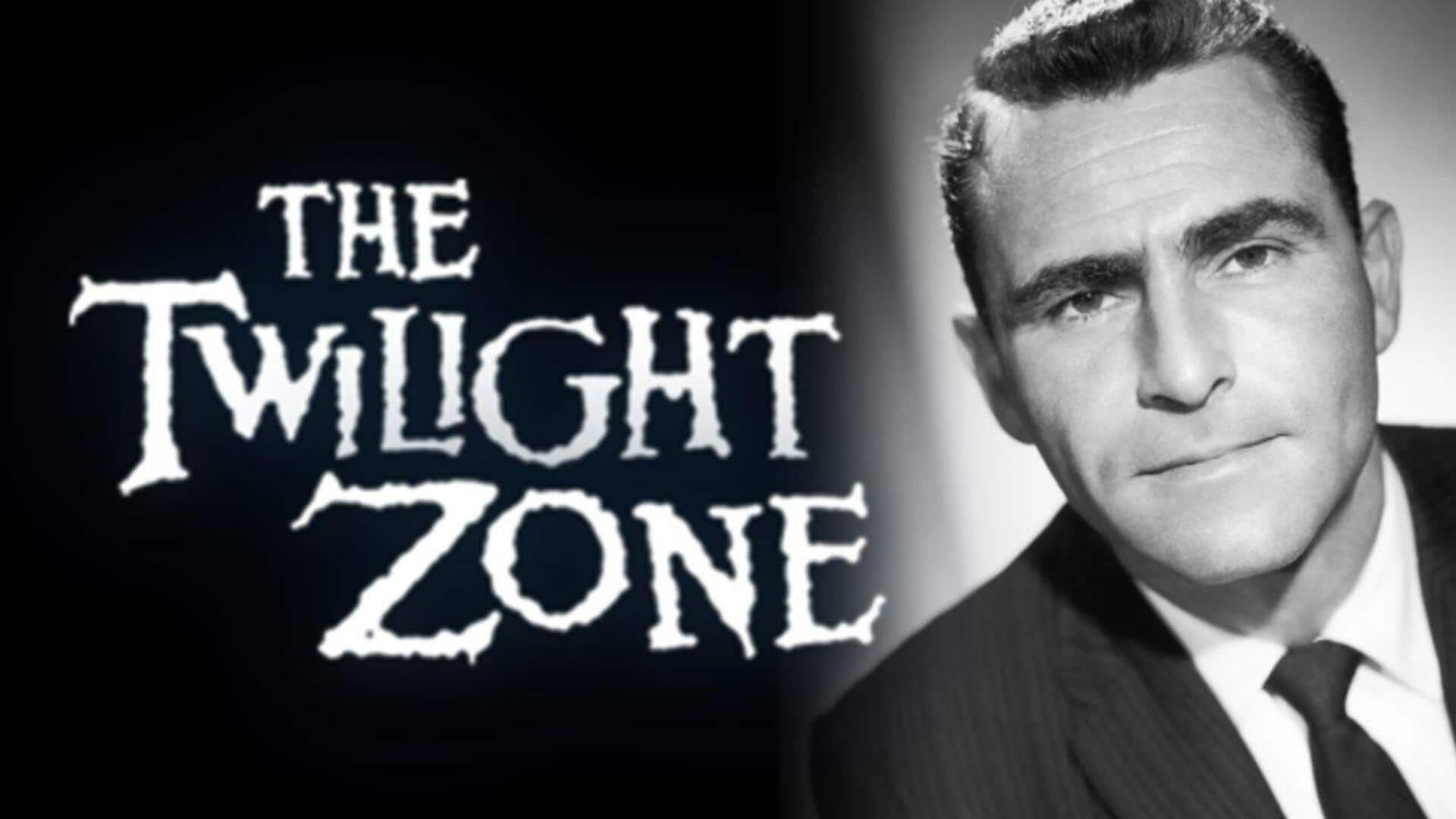
5 'Twilight Zone' episodes that perfectly capture human nature
What's the story
Rod Serling's The Twilight Zone is famous for its mind-bending storytelling and social commentary. The anthology series, which aired from 1959 to 1964, often used science fiction and fantasy to explore the complexities of human nature and society. Here are five episodes that delved into social issues, giving viewers a thought-provoking look at the world around them.
#1
'The Shelter' and fear of the unknown
The Shelter tackles the theme of paranoia and fear of the unknown. In this episode, a group of friends becomes hostile towards one another in the face of an impending crisis. The episode highlights how quickly people can turn against each other when faced with fear and uncertainty. It serves as a commentary on human nature's tendency towards self-preservation over loyalty or friendship.
#2
'Eye of the Beholder' and societal norms
Eye of the Beholder delves into societal norms and perceptions of beauty. The episode follows a woman undergoing surgery to conform to society's standards of appearance. As her bandages are removed, viewers discover that she looks like a normal person while others look grotesque. This episode challenges conventional ideas about beauty and conformity, making viewers question societal standards.
#3
'Number 12 Looks Just Like You' and an identity crisis
Number 12 Looks Just Like You tackles identity crisis and conformity. In this episode, people undergo a procedure at age 19 to become identical to everyone else in society. The story raises questions about individuality versus societal pressure to conform. It highlights how losing one's identity for acceptance can be both unsettling and thought-provoking.
#4
'The Monsters Are Due on Maple Street' and paranoia
The Monsters Are Due on Maple Street explores themes of paranoia and mistrust within communities. Set in a suburban neighborhood where power goes out mysteriously, residents turn on each other as they suspect one another of being an alien invader. This episode serves as a powerful commentary on how quickly fear can erode trust among people.
#5
'It's a Good Life' and absolute power
It's A Good Life examines the corrupting influence of absolute power through its young protagonist. He controls everything around him with mere thoughts. This omnipotent child lives without consequences or accountability for his actions. The adults around him fear him too much to intervene. Often, their inaction stems from self-preservation instincts gone awry amid the dire circumstances they face daily.